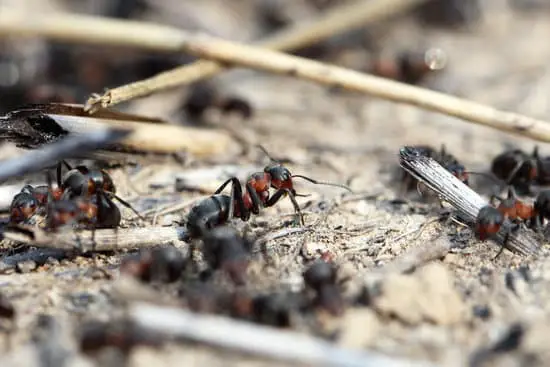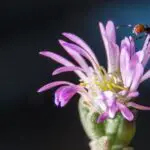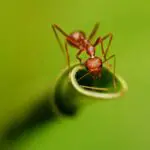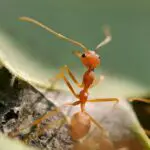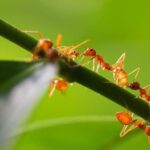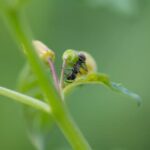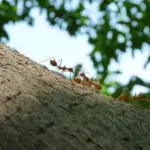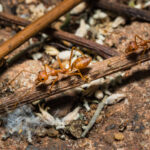Do Ants Keep Aphids As Pets?
Several ant species eat aphids, but do ants keep aphids as pets? Some species of ants, like brown ants, keep aphid colonies for honeydew. Several ants also use chemical agents to keep aphids in their colonies. Using chemicals appears to be a highly evolved form of exploitation of aphids.
The ants select the strongest aphids. This ensures a good food supply for the ant colony.
Ants also protect aphids from predators. They may also lap up honeydew that the aphids exude. During this time, the ants may become contaminated with a black substance, known as sooty mold.
The ants also use chemicals to make the aphids more docile. These chemicals make the aphids less likely to fly, and more likely to stay put. This is known as polymorphism. Polymorphism is an adaptation that allows some members of a group to survive in different environments.
Besides the chemical agents used to keep aphids in their colony, ants use several other methods to sustain their aphid colonies. Ants also protect aphids’ eggs and tend the plants where aphids live. Ants also guard aphids against fungal outbreaks.
Some ants herd aphids underneath the leaves of a plant. The aphids are then picked up by the ants, who carry them to a new home.
Several species of ants, like brown ants, build aphid barns from mosses and beetles. Some ants also milk herds by tickling their antennae.
Ants also protect aphid colonies from parasitic wasps. This is a long-standing relationship between the two species.
